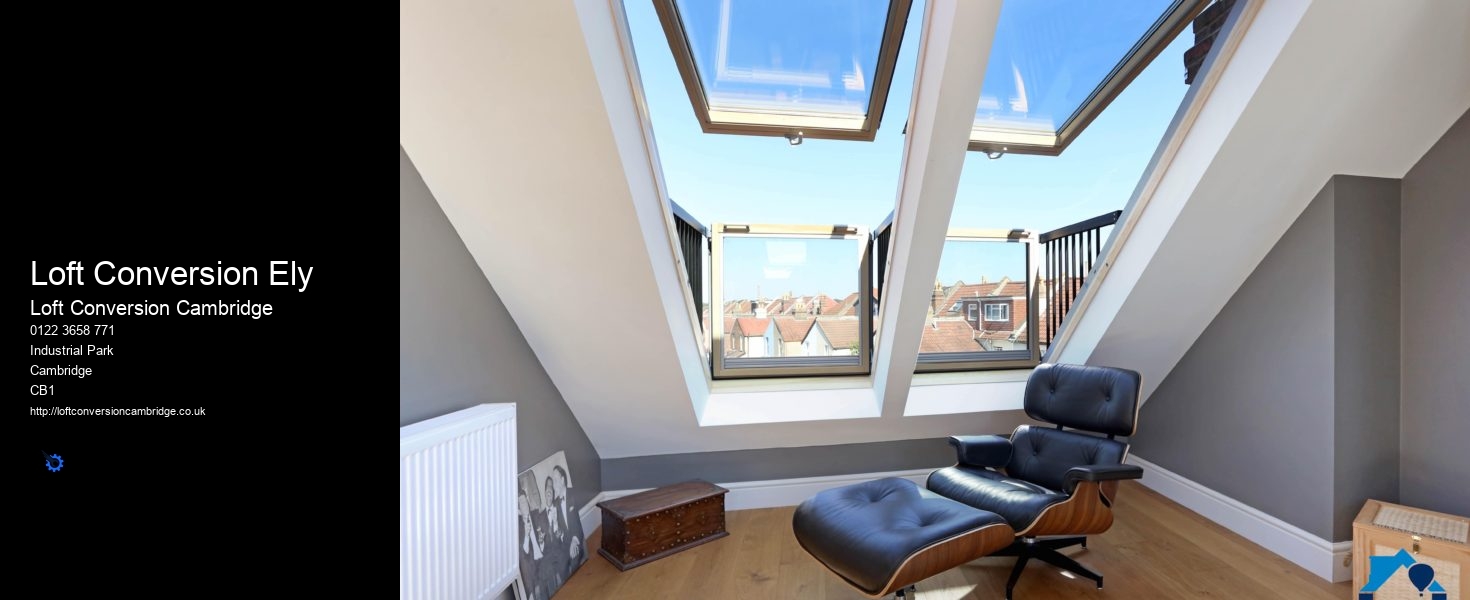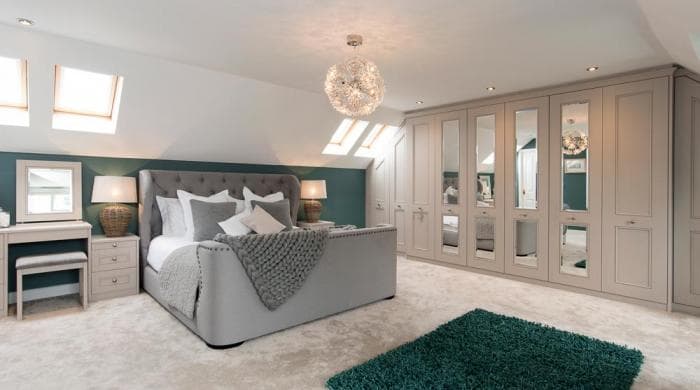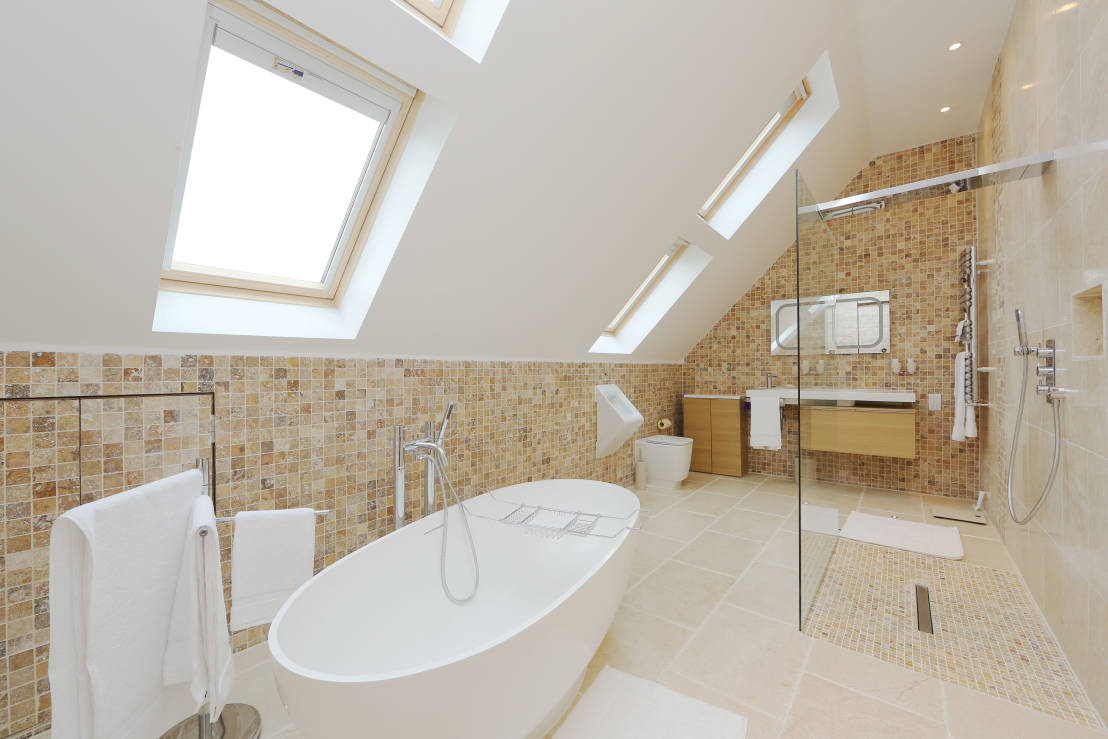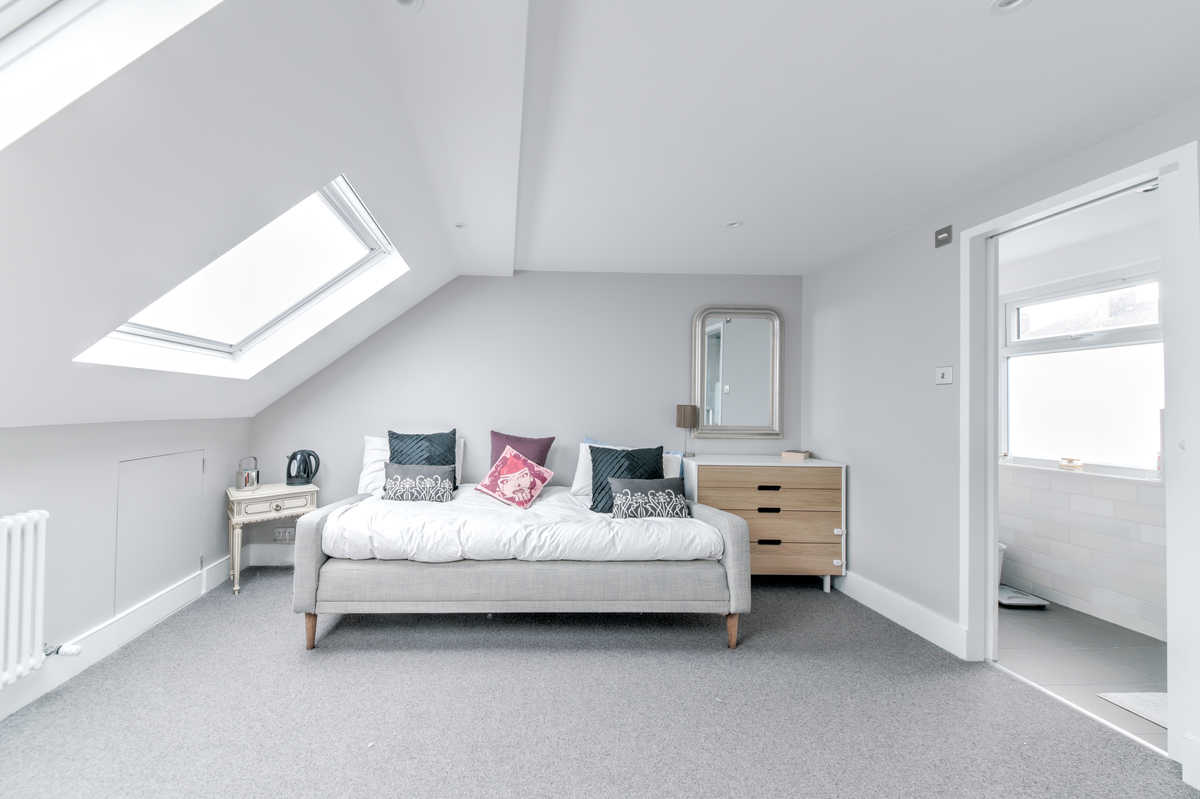Loft Conversion Cost Cambridge
Finally, the fourth type of loft conversion is the velux conversion. This involves installing velux windows into the existing roof, allowing for natural light and ventilation. This type of conversion is relatively inexpensive and can be done quickly. The disadvantage of this type of conversion is that it does not allow for much flexibility in terms of design and is not suitable for larger homes.
If you’re considering a loft conversion in Cambridge, you’re probably wondering where the stairs go for a loft conversion. The answer is that there are several options for stairs for a loft conversion, and the best option for your home will depend on the size and layout of your space.
A loft conversion can add significant value to your home, depending on the level of work that is carried out. A well-planned, high-quality loft conversion can add up to 20% to the value of your home, which is considerable. However, this isn’t a guarantee – a poorly-planned or low-quality conversion could actually reduce the value of your home.
When considering whether or not you need permission to convert a loft in Cambridge, it is important to understand the various regulations and restrictions that may apply to your project. Depending on the size and scope of the project, you may be required to obtain planning permission from the local authority. In some cases, you may also need a building regulation approval, which is essentially a set of standards that the structure must meet in order to be deemed safe and secure.
When it comes to loft conversions in Cambridge, one of the most important considerations is the cost. While the overall cost of a loft conversion will depend on the size of the space, the type of conversion, and the materials used, one of the most expensive parts of a loft conversion is the roof. The roof is the most visible and important part of the conversion, and it can also be the most expensive.
In terms of cost, loft conversions are typically cheaper than an extension. This is because the conversion works with the existing structure of the house, so there is no need to build additional walls or foundations. Additionally, converting your loft requires less labour and materials than an extension.
Overall, a loft conversion typically takes between 6 to 12 weeks to complete, depending on the complexity of the project and the time it takes to obtain planning permission. If you’re looking to convert your loft in Cambridge, it’s important to understand the time frame involved and be prepared to invest the necessary time and money to ensure a successful project.
Finally, you’ll need to make sure you have the correct planning permission. If the loft conversion is within permitted development rights, you won’t need to apply for planning permission. However, if your proposed works are outside of these, you’ll need to apply for planning permission from Cambridge City Council.
Finally, the last most expensive part of a loft conversion in Cambridge is likely to be the cost of any additional electrical and plumbing work that may be required. Electrical and plumbing work is important for any loft conversion as it helps to ensure the safety of the occupants. The cost of any additional electrical and plumbing work is based on the complexity and scope of the work needed.



